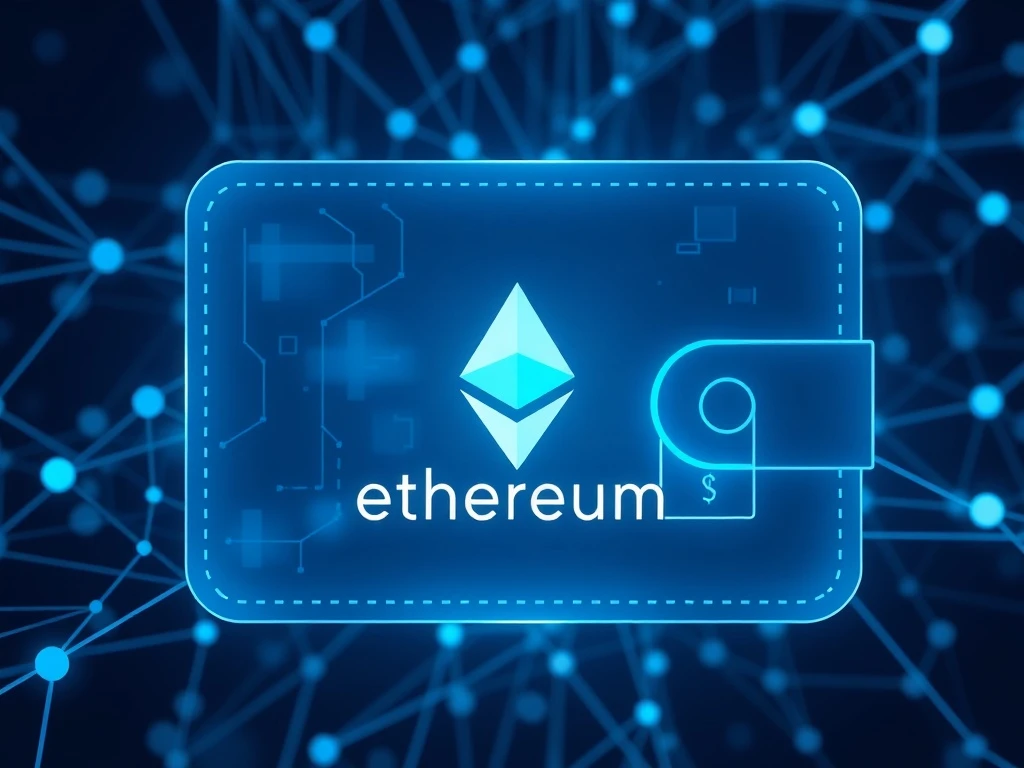Ethereum News Alert: Why Non-Custodial Wallets Are Dominating Crypto Self-Custody in 2025

In the wake of high-profile crypto exchange collapses, Ethereum users are flocking to non-custodial wallets for true financial sovereignty. This seismic shift toward self-custody represents more than just a trend – it’s a fundamental rethinking of how we secure digital assets.
Why Are Non-Custodial Wallets Surging in Popularity?
The 2022 crypto winter exposed critical vulnerabilities in centralized platforms. When Voyager, BlockFi, and FTX collapsed, users discovered the hard truth: not your keys, not your crypto. Non-custodial wallets solve this by:
- Eliminating third-party risk through local private key storage
- Providing full asset control without withdrawal limits
- Offering direct blockchain interaction for DeFi and NFTs
Best Non-Custodial Wallets for Ethereum and Beyond
| Wallet | Key Features | Best For |
|---|---|---|
| AliceBob Wallet | 1000+ assets, 300+ chains, BIP32/39/44 security | Multi-chain users |
| Exodus | Beautiful UI, built-in staking | DeFi beginners |
| MyEtherWallet | Ethereum-focused, open-source | ETH purists |
| Safe | Multisig, smart contracts | DAOs/institutions |
How Does Crypto Self-Custody Protect Your Assets?
Unlike exchange wallets where you’re just an account number, non-custodial solutions give you:
- True ownership through private key control
- Immunity from exchange bankruptcies
- Direct access to blockchain networks
- Better privacy with no KYC requirements
Ethereum Security: What Makes Non-Custodial Wallets Safer?
Leading wallets implement military-grade security protocols:
- OWASP MASVS compliance for app security
- BIP32/39/44 standards for key generation
- Biometric authentication layers
- Open-source code for transparency
The movement toward self-custody represents crypto’s original promise – financial sovereignty. As tools become more user-friendly, the barriers to true ownership are disappearing. The question isn’t whether to switch, but which wallet best fits your needs.
Frequently Asked Questions
What’s the main advantage of non-custodial wallets?
Complete control over your assets without reliance on third parties that could freeze accounts or go bankrupt.
Are non-custodial wallets difficult to use?
Modern options like Exodus have simplified interfaces, making self-custody accessible even to beginners.
What happens if I lose my private key?
Unlike exchange accounts, there’s no password recovery – you permanently lose access. This underscores the importance of secure backup methods.
Can I still use DeFi with non-custodial wallets?
Absolutely. Most DeFi protocols are designed to work directly with non-custodial wallets through wallet connect features.
Do non-custodial wallets cost more to use?
While you pay blockchain transaction fees, you avoid exchange withdrawal fees and custodial charges.








